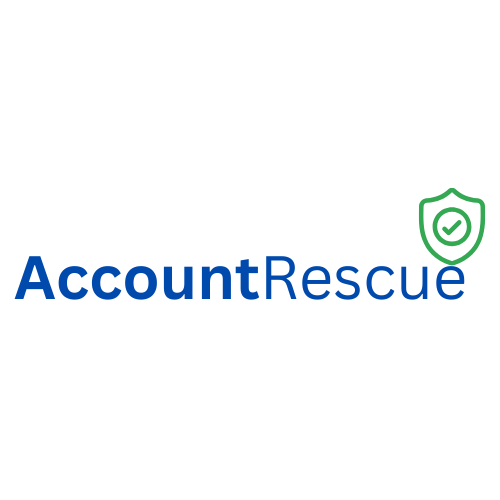Fake Account Facebook: How to Protect Yourself and Recover
Fake accounts on Facebook are a growing problem for users across Europe. Whether it’s someone pretending to be you, impersonating your business, or running scams under your name, a fake account Facebook issue can cause serious harm to your reputation, finances, and even personal safety. Many victims first discover it when friends receive suspicious messages or when their real account gets flagged because of someone else’s misuse.
In this article, we’ll explain how to identify a fake hack, what steps you can take to report impersonation on Facebook, and how professional recovery services can help when normal tools fail.
How Fake Facebook Accounts Are Created
Scammers create fake accounts for different reasons:
To impersonate real people and trick their friends.
To run fraudulent ads or spread spam.
To copy entire business pages and mislead customers.
To trick victims into sharing personal details or financial data.
This practice is sometimes called a fake hack, because hackers don’t break into your real account — they simply copy your profile picture, name, and content to make it look like you. The result is often confusion, and in some cases, Facebook’s automated systems disable the real account instead of the fake one.
How to Spot a Fake Account on Facebook
Here are some signs that a fake account Facebook profile is active in your name:
Friends or followers receive duplicate friend requests from “you.”
Strange posts or scams are being shared under your identity.
You get locked out or warned because of suspicious activity that wasn’t yours.
When this happens, it’s important to act quickly before more damage is done.
Reporting a Fake Hack on Facebook
If you’ve discovered a fake hack or impersonation:
Go to the fake profile and click “Find support or report profile.”
Select “Pretending to be someone” → choose “Me.”
Ask friends and contacts to also report the fake account.
Save screenshots of the fake profile for evidence.
While these steps can sometimes lead to removal, many EU users report that fake account Facebook profiles remain online for weeks — and often the real account owner suffers penalties instead.
Why Professional Help May Be Needed
When dealing with a fake hack, the biggest challenge is escalation. Facebook’s automated tools often ignore valid reports or close cases without review. Business owners and influencers are especially vulnerable, since a fake account can steal customers or run fraudulent ads under their brand.
At AccountRescue.eu, we assist EU clients in recovering accounts, removing impersonators, and clearing cases where Meta’s automated support failed. Our process is GDPR-compliant, fully legal, and comes with a money-back guarantee if we cannot resolve the case within the agreed timeframe.
How AccountRescue.eu Handles Fake Accounts
If your Facebook account was hacked or cloned in a fake hack case, here’s how we help:
Escalating impersonation reports directly through EU channels.
Submitting proper evidence that forces a human review.
Protecting your real account from wrongful suspension.
Guiding you on securing your account to avoid repeat attacks.
Whether your account has been cloned or your page disabled because of impersonation, we can help restore your online identity.
Final Thoughts
A fake account Facebook situation is more than just an annoyance — it can damage trust, harm your brand, and put your personal data at risk. While reporting a fake hack yourself is the first step, many cases require expert escalation to ensure the fake profile is removed and your account restored.
If you are struggling with a fake account Facebook impersonation, don’t wait for things to get worse. Contact our team today and let us help you protect your identity and recover your profile.


